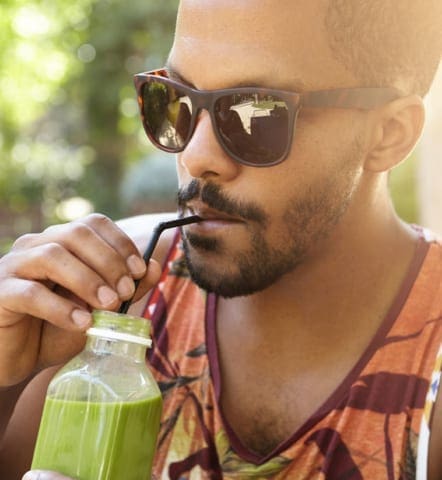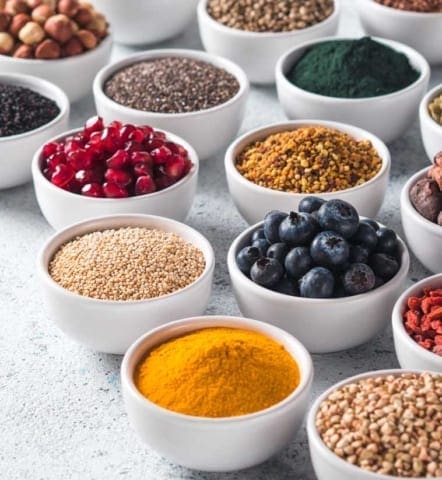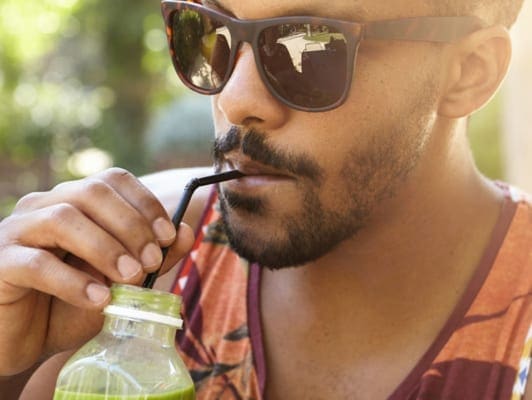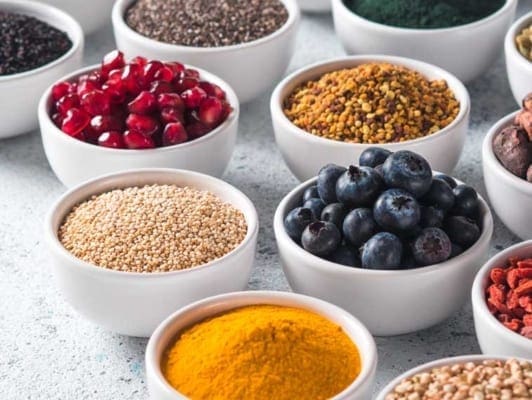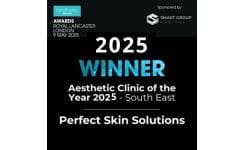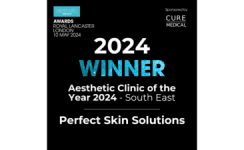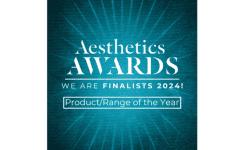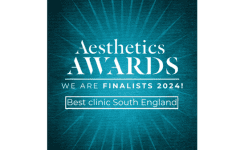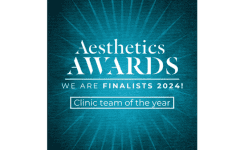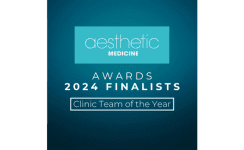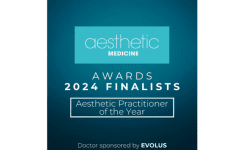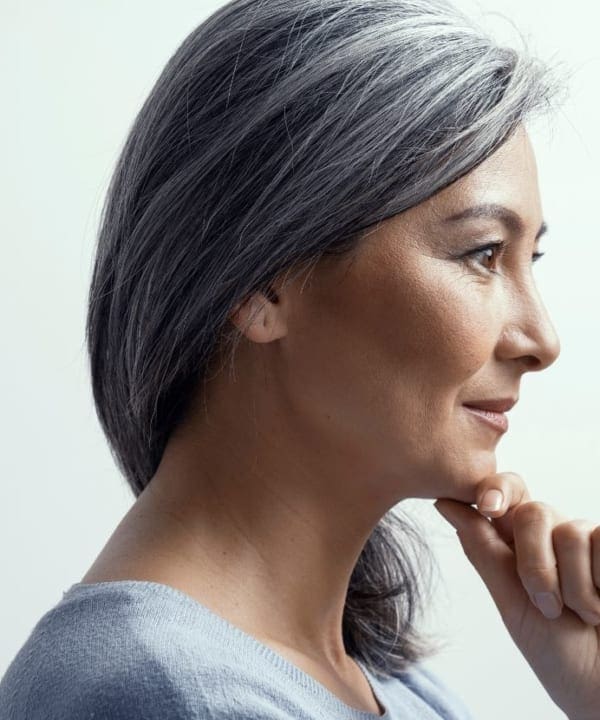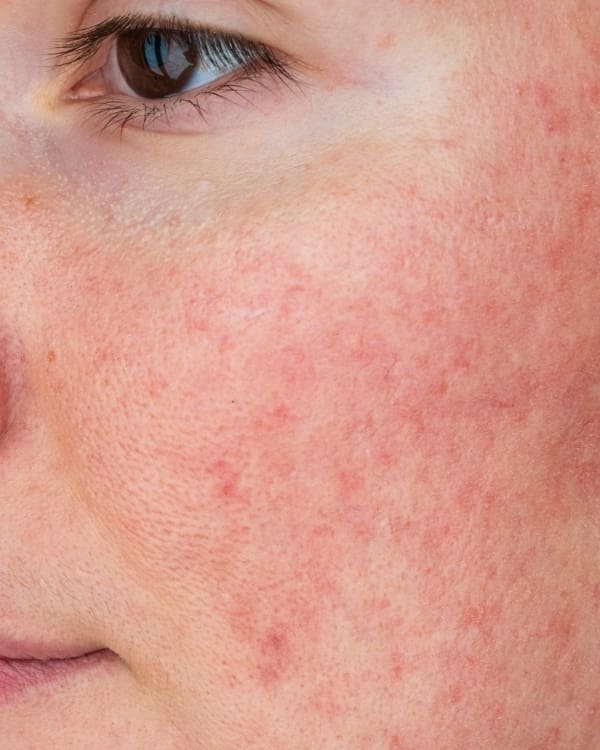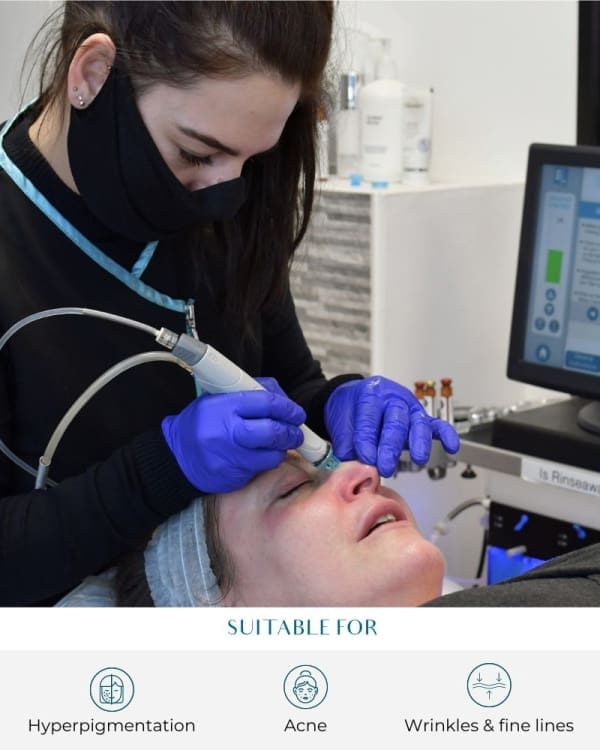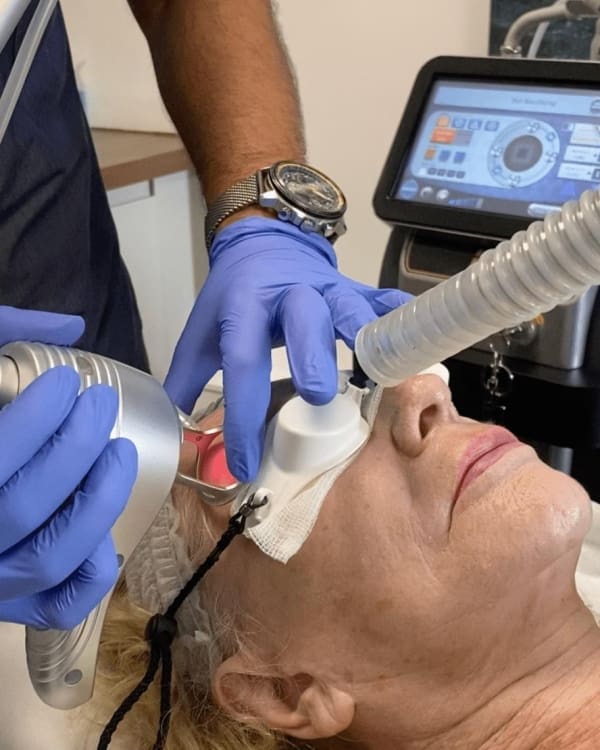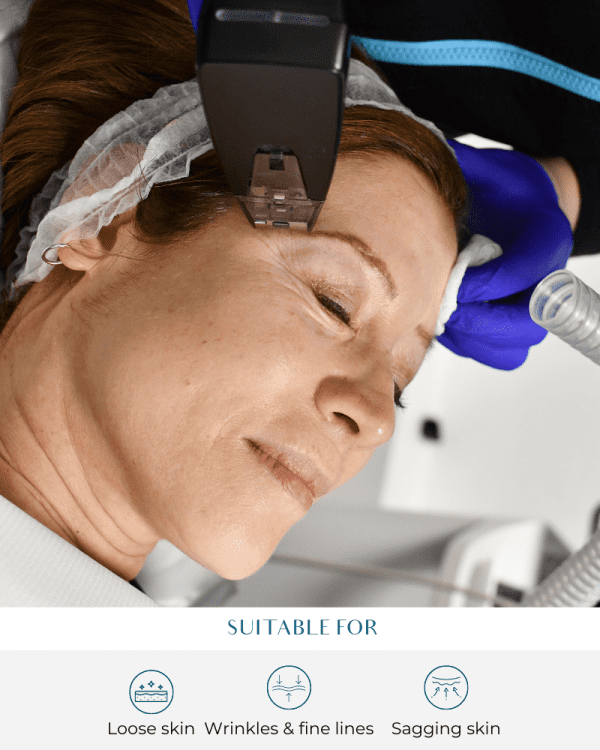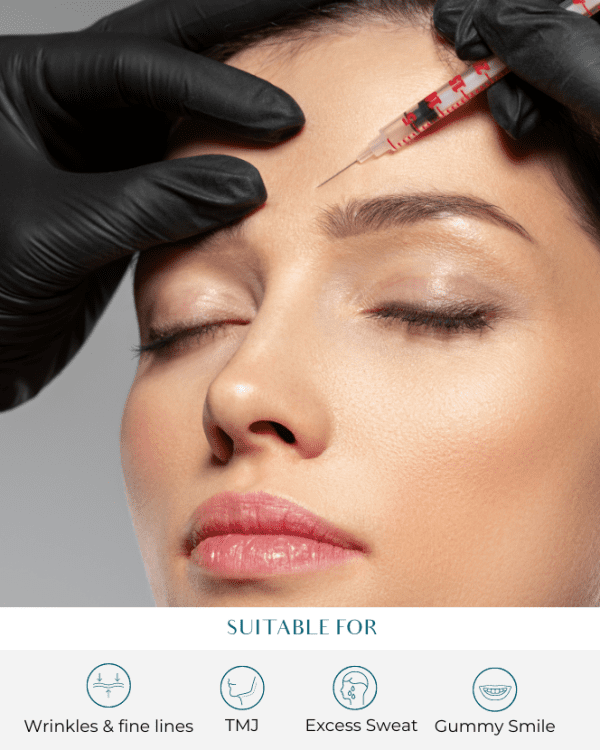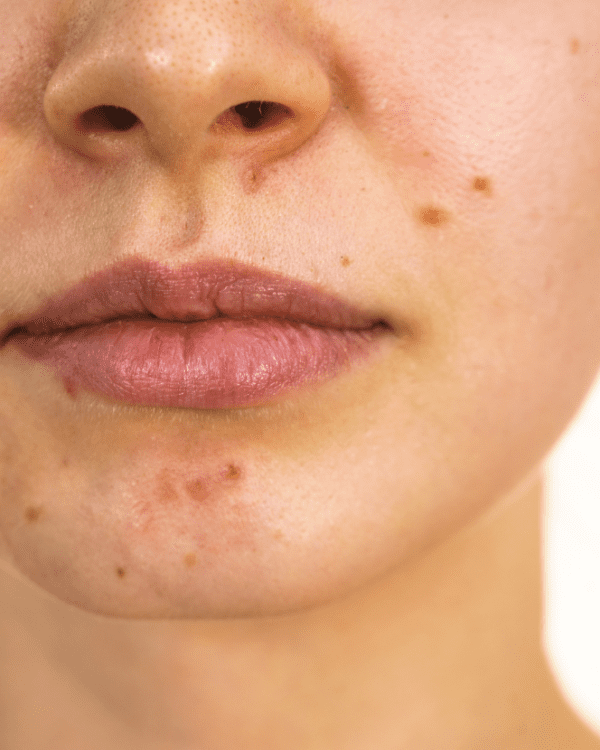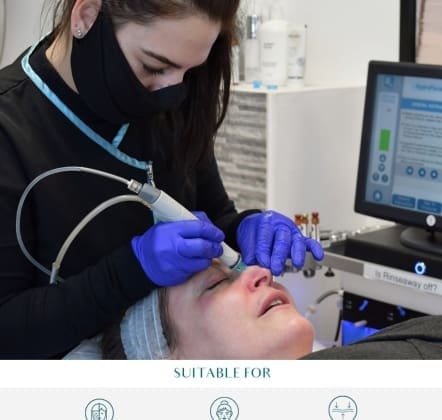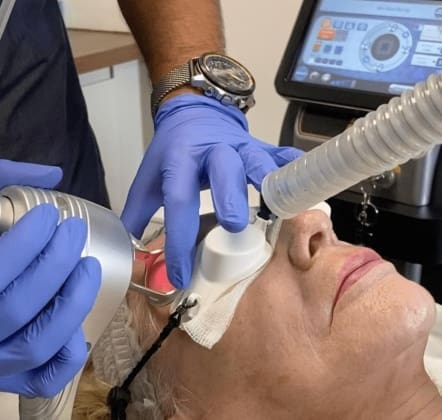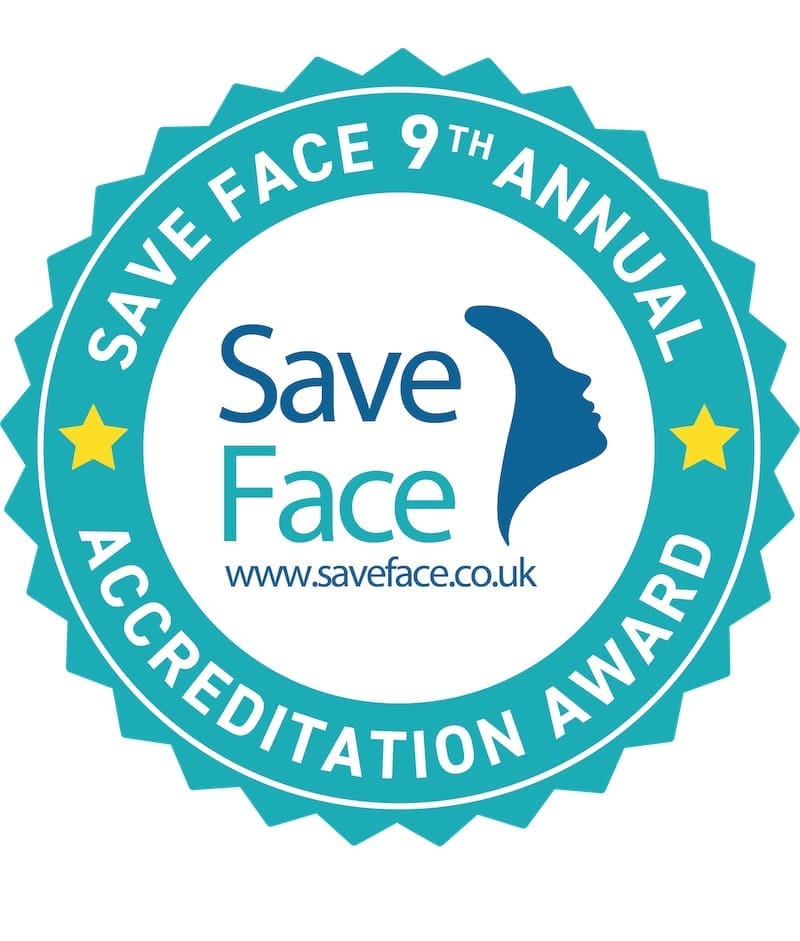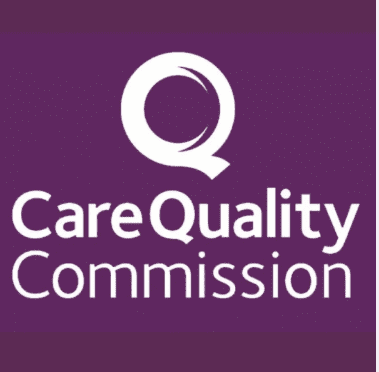This is not intended to be a finite list but does details the most important vitamins, minerals and trace elements essential for having the best skin, hair and nail health. It is so easy to assume you are getting all the essentials in your diet but it is possible to be low in the levels of some of these listed below, if your diet falls short of being a truly varied and balanced healthy diet.
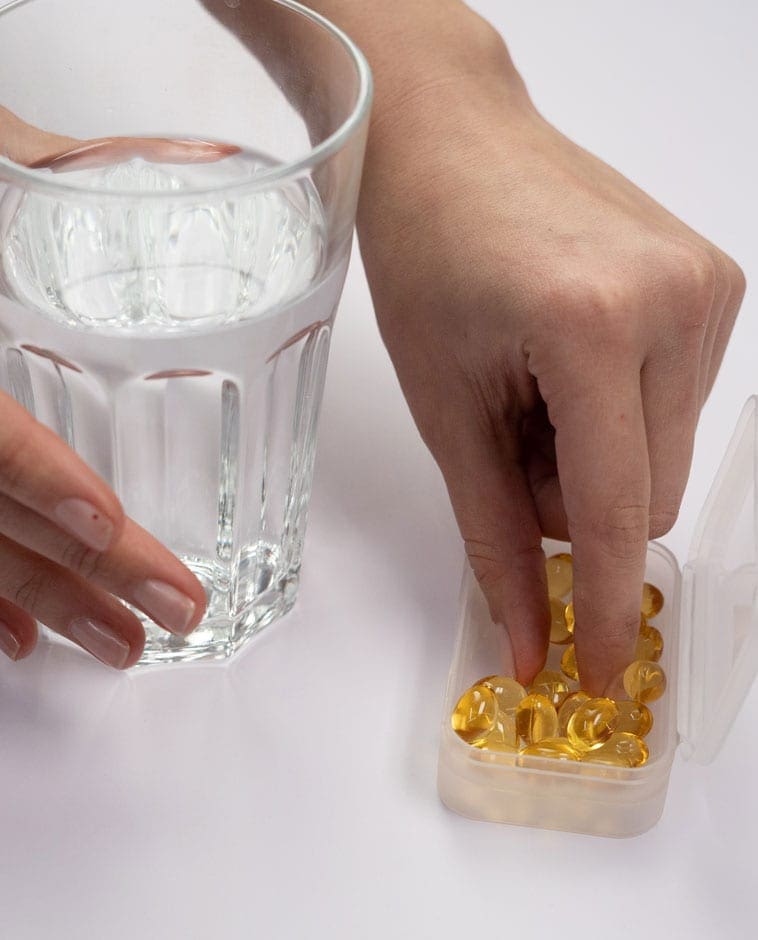
Vitamin Index
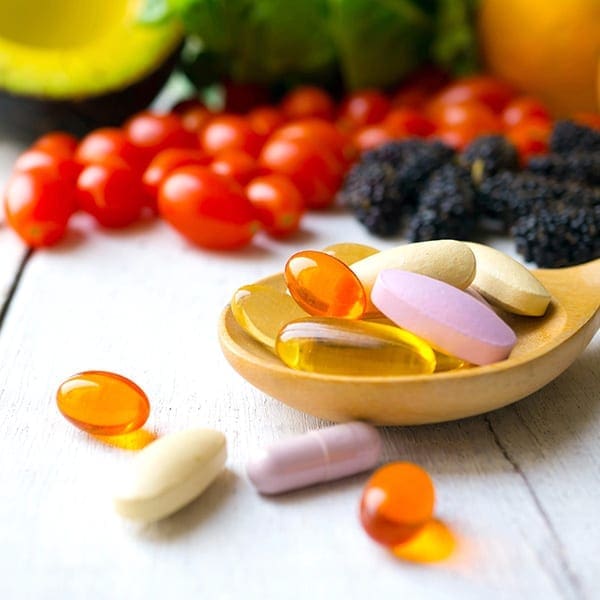

Vitamin A
Crucial for skin repair, vitamin A can be supplied directly to the skin with ingredients from the Vitamin A family eg retinol or stronger retinoids. However, the diet needs it to for other organs as well as the skin. Oily fish, liver and eggs are good sources or you can turn to Spinach, goji berries, sweet potatoes and carrots.
Vitamin C
Vitamin C, also known as ascorbic acid, is one of the most essential vitamins for good skin health. With anti-inflammatory, anti-oxidant and anti-pigmentation properties, it is also key to the production of collagen, a protein that aids in the growth of cells and blood vessels and gives skin it firmness and strength. Vitamin C also helps to create scar tissue and cartilage and aids skin repair. Sources high in vitamin C includes, strawberries, goji berries, broccoli and avocado.
Vitamin D
Vitamin D has had much press exposure in recent years and even more so since COVID-19 hit the globe. It has a vital and multi-functional role in the body for eg bone, immune system, neuromuscular system, heart and skin. It also reduces inflammation. The main source is sunlight rather than food. Patients often ask me how they are meant to get enough vitamin D when being advised to protect their skin from the sun. It is indeed a dilemma but my solution is simple. Enjoy the sun in a safer manner ie using protection measures but more because it is good for the soul! The fact is that most of us – despite many not wearing sunscreen – do not get enough vitamin D anyway. Therefore, taking oral supplements is important. The recommended daily amount is 600iu for an adult but expert consensus of opinion is that we should be taking much higher doses of around 2-4000iu per day (in the form of Vitamin D3). It is important to only do this under medical or other expert advice.
Vitamin E
Oxidative stress leads to premature ageing of the skin. Found in many skincare products, vitamin E is a powerful anti-oxidant; helping to protect cells from this process, thus helping with keeping signs of skin ageing at bay. Vitamin E also works synergistically with vitamin C and both compound the effect of the other. Foods high in vitamin E include: Tofu, Sunflower seeds, Avocado, Almonds, Spinach & Broccoli (cooked).
A useful tip is to swap your potatoes with cooked Pumpkin or Butternut Squash; both good providers of vitamin E.
Biotin
Biotin (also known as Vitamin B7 or B8) contributes to healthy skin, hair and nails. Biotin is common amongst a range of foods including eggs, wholegrains and nuts. Supplements may help those with hair loss.
Riboflavin
Also known as Vitamin B2, riboflavin is important for skin, eye and nervous system health. Healthy. Dairy products like milk and eggs, fortified breakfast cereals and rice are all sources of this vitamin. My favourite source is the superfood goji berries.
Niacin
Essential for healthy skin, Vitamin B3 also helps to release energy from the foods we eat. Meat, fish, eggs and milk are all good sources of niacin. The vegan options include avocado, peanuts and mushrooms.
Iodine
This trace element is found in fish (cod or tuna), seaweed, shrimp, eggs and milk. Fortified cereals and iodized table salt also provide iodine.
Zinc
Another essential mineral for healthy skin and hair. Zinc also aids in wound healing. Average portions of foods which are high in zinc, include beans (eg Baked Beans, Chickpeas), Spinach and Oysters. Seeds eg pumpkin, can provide a valuable top-up – see my superfoods list.
Magnesium
Magnesium is important in stabilising hormonal imbalance and in cellular processes. Key for healthy skin and hair it is particularly important in those with acne. Good food sources include spinach, nuts, avocado and fatty fish. Oh…and you now have an excuse to indulge in some quality dark chocolate too and yes, you guessed it, this is also a good source.
Selenium
A deficiency of selenium can lead to hair loss and even muscle fatigue, male infertility, mental fog and depressed immune system. Eggs, leafy vegetables, meat, poultry, fish, dairy products and many wholegrains are all good sources. My top food source is brazil nuts – have just one a day. Yellow Fin Tuna is also an extremely good source.
Iron
Crucial for good hair, skin and hair health, this is well known to be found in meat products. However, goji berries, spinach, beans and dried fruit are just some vegan options! If you are a woman suffering with heavy periods, there is a good chance you could have low iron stores. It is useful to know your ferritin level which (although many doctors and labs will say is normal above 12, you really want a level above 40, especially if you have any skin condition or hair thinning/loss).
It may be a cliché but the saying “you ARE what you EAT” applies to every cell, tissue and organ in your body and this includes the skin. Whatever your health goal, eating healthily WILL help in your endeavour. Dip into this section to get the most out of your daily fuel intake.
Omega-3
Omega-3 essential fatty acids can improve skin’s elasticity. Flaxseeds are a winner in providing omega-3s. My recommendation is a salad that includes Atlantic Salmon, Flaxseeds and Walnuts. The latter are also loaded with copper; a mineral that boosts collagen production.
Carotenoids
Carotenoids are excellent anti-oxidants. Some types of carotenoids, eg Beta-carotene, are converted to vitamin A in the body. Consuming adequate amounts of Vitamin A helps maintain healthy skin, teeth, skeletal tissue and mucous membranes, while vitamin A deficiency can cause night blindness, poor growth, increased infections and dry scaly skin. Consumers of green and yellow vegetables have been shown to have fewer wrinkles. One reason may be that carotenoids – which are high in yellow and orange veggies – can decrease skin’s sensitivity to the sun. Foods which are very high in carotenoids and thus also good providers of vitamin A include, Carrots (better raw or cook with minimal water), Sweet Potato and Pumpkin. Other providers include Spinach, Cantaloupe, Apricots and Broccoli. If you want an easy way, try drinking Carrot or Tomato juice.
Flavonols
Cocoa hydrates your skin, making it firmer and more supple. Wait for it – dark chocolate contains high levels of flavonols; a potent type of antioxidant. For maximum flavonol content, eat chocolate that is at least 70% cocoa. One or two squares should help you on your way to glowing skin!
 Close
Close








